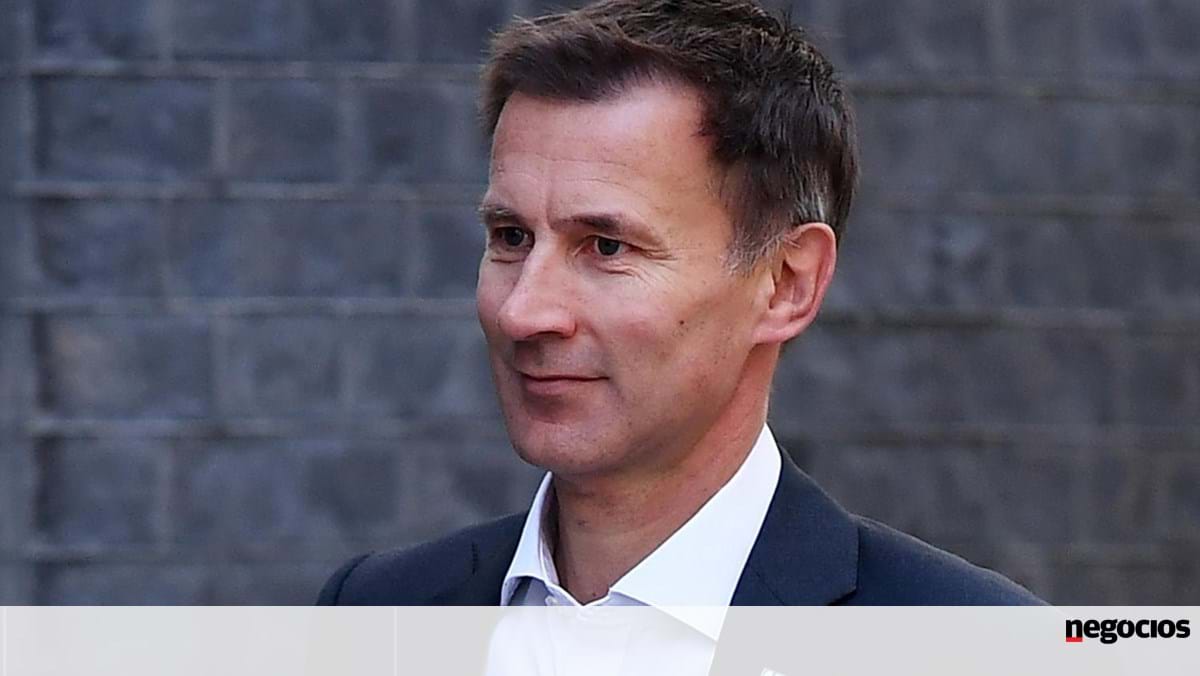The United Kingdom presented its extraordinary budget to MPs this Thursday, the second in as many months and Jeremy Hunt’s first target. Reduce debt and balance public accounts.
As for taxes on high profits, from January 1 to March 2028, the tax on profits of oil companies will increase from 25% to 35%. “We have decided to introduce a new and temporary tax of 45% on electricity generators. Together, these rates will allow us to raise 14 billion pounds next year”, the British Finance Minister pointed out that the new rate will come into effect. On the first day of 2023.
“We presented a plan to face rising prices and rebuild our economy. Stability, growth and public services are our priorities. We want to protect the most vulnerable”, said the Finance Minister. The most recent forecasts now point to a GDP contraction of 1.4% next year, which contrasts with an “outlook” published in March that indicated growth of 1.8%, Jeremy Hunt revealed.
As expected, Hunt announced the tax increase, but called it “a balanced plan for sustainability.” According to the official, the government’s proposed measures to cut public spending and raise taxes by 55,000 million pounds (63,000 million euros) “will help to reduce inflation sharply from the middle of next year”.
Jeremy Hunt’s extraordinary budget comes after a period of great uncertainty caused by the “mini-budget”. Kwasi Kwarteng, Finance Minister in the Liz Truss government – resigned 44 days after taking office.
Here are some of the activities offered:
Increase in tax on oil company profits from 25% to 35%;
45% temporary tax on electricity generators from 2023;
Abolition of stamp duty is till March 2025;
Lower IRS threshold for higher taxes: The aim is to reduce the amount to which the 45% rate applies from £150,000 to £125,140. With the change, those earning more than £150,000 a year will pay £1,200 more a year;
Two new budget targets: The first is to reduce public debt to GDP over five years. Second, the deficit must be less than 3% of GDP over the same period;
The annual exemption for capital gains has been halved: from £12,300 to £6,000 next year and to £3,000 in April 2024
Government increases health spending by £3.3 billion;
Adjustments increased in line with inflation in April – this will increase to £870;
Low tax deduction for dividends. If so far dividends of up to £2,000 have not paid tax, the rates will apply from £1,000 from next year and £500 in April 2024.
(Post updated at 12:51 pm)

“Total creator. Devoted tv fanatic. Communicator. Evil pop culture buff. Social media advocate.”

